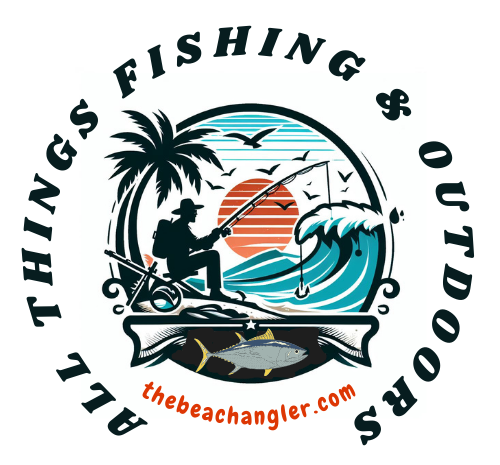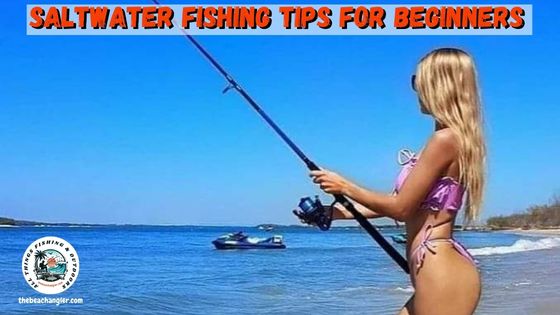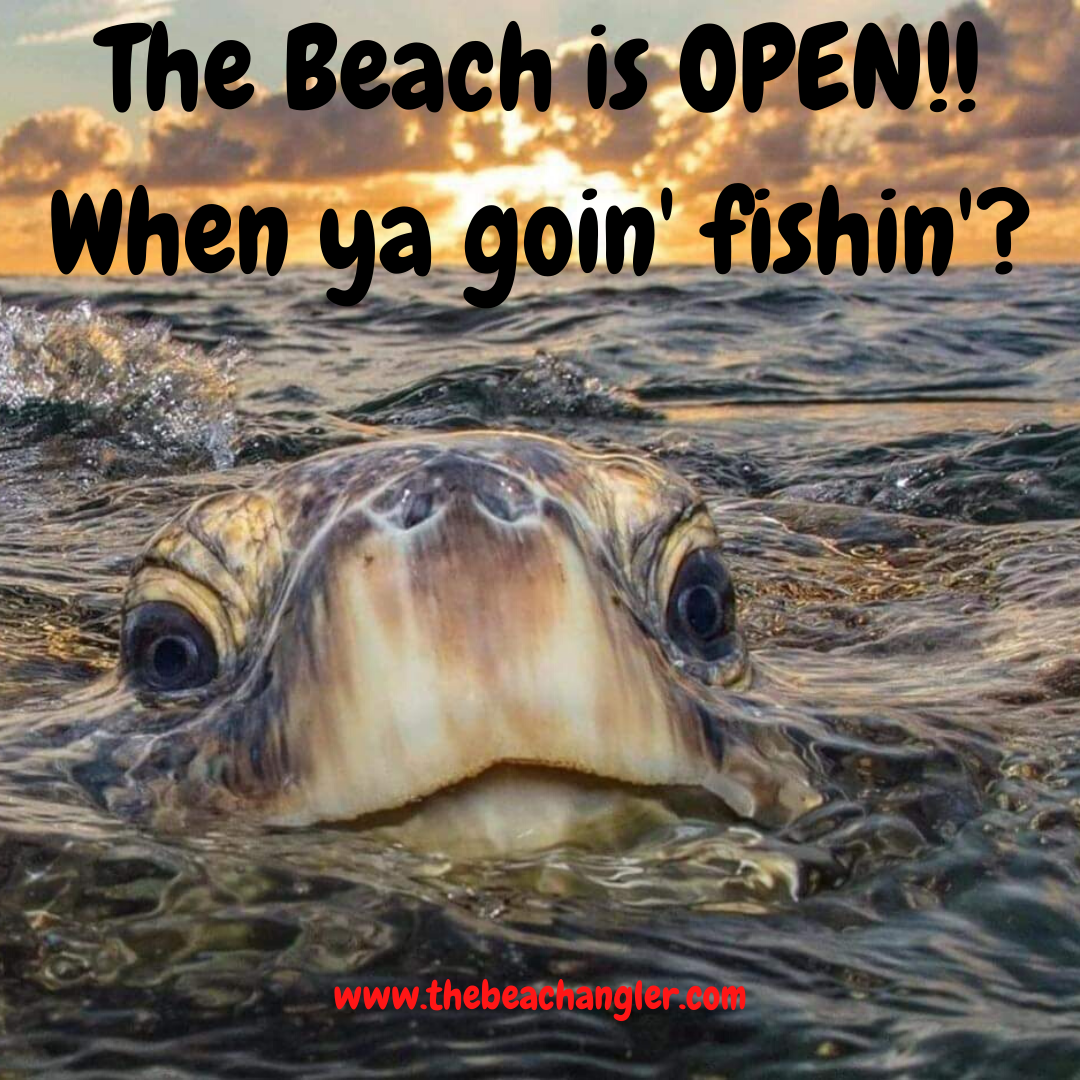Saltwater fishing involves angling in oceans, bays, and coastal areas, unlike freshwater fishing which takes place in lakes, rivers, and streams. Saltwater fishing for beginners offers a unique and exciting experience with the prospect of larger, more diverse species, and a wide range of fishing opportunities.
However, saltwater fishing requires some specialized gear to withstand the harsh marine environment and handle the size and strength of some very large game fish. While you can use freshwater gear for saltwater fishing, it can be damaged by the corrosive effects of saltwater.
KEY POINTS:
Successful saltwater fishing for beginners requires some basic knowledge of where to go, what fish you can expect to catch, the proper gear you will need, and the particular rules and regulations associated with saltwater fishing. From beaches, piers, and jetties, to offshore, saltwater fishing offers a wide range of unique and exciting fishing possibilities. While it is recommended that you use fishing gear specifically designed for saltwater, you can use your freshwater gear just be sure to wash it thoroughly to remove any salt residue and sand.
Come along and we’ll take a closer look at what you need to know, what gear you need, and where best to try your hand at saltwater fishing as a beginner.
Where to Go Saltwater Fishing for Beginners
Saltwater fishing for beginners can be done from various settings, which makes it versatile and exciting for beginners and seasoned anglers alike. Here are a few common types:
Shore Fishing involves casting your line from the shore or beach. It’s entry-level-friendly since you don’t need a boat. Beaches, rocky shores, and jetties are great places to shore fish.
Boat Fishing takes place from a vessel, giving you access to deeper waters and the chance to catch bigger species. It’s more expensive due to the need for a boat, but the rewards can be substantial.
Pier Fishing is another accessible format. Public piers extending into the ocean are popular spots. They offer stability and the chance to fish deeper waters without a boat.
Jetty Fishing: Jetties are man-made rock structures that extend out into the water near passes and shipping channels. They are excellent spots for catching a variety of species.
Surf Fishing involves standing in the surf of the ocean and casting your line into the waves. It’s physically demanding but thrilling, with the chance to catch a wide range of fish.
Saltwater Fishing for Beginners – Essential Gear
Starting off with the right gear is key to enjoying and succeeding in saltwater fishing. Investing in good equipment upfront can make a big difference for beginners. Here’s a breakdown of what you need to get started:
- Fishing Rods and Reels for Beginners: Aim for easy-to-use and affordable gear. Combos that are geared for saltwater use are the best bet—they’re resistant to corrosion and hold up well. A medium-heavy spinning rod and reel combo can handle a variety of fish species and conditions.
- Tackle and Accessories: For basic tackle, pack hooks, sinkers, and swivels. Don’t forget a good supply of bait—both live and artificial lures. A pair of strong pliers is crucial for removing hooks, and having different fishing lines (braided, monofilament) can be useful.
- Clothing and Sun Protection: Invest in gear that can protect you from the sun and the elements. Hats, polarized sunglasses, long-sleeved shirts with UV protection, and sunscreen are must-haves. Staying comfortable will make your fishing trips much more enjoyable.
Saltwater Fishing for Beginners Tips and Tactics
Learning a few basic techniques can greatly enhance your saltwater fishing experience and success rate.
- Basic Casting Techniques: Casting effectively in saltwater involves some practice. Start by holding your rod firmly, and placing your thumb on the reel spool to control the line. Aim your cast toward your target spot and release the line smoothly with a flick of your wrist. The more you practice, the better you’ll get at it.
- How to Set the Hook and Reel in Your Catch: When you feel a tug on the line, it’s time to set the hook. Give a quick, sharp jerk upwards to embed the hook in the fish’s mouth. Then, start reeling in with steady pressure. If the fish fights hard, let it run a bit while keeping tension on the line, then resume reeling.
- Best Baits and Lures for Beginners: Choosing the right bait can make a huge difference. Live bait, like shrimp or minnows, can be very effective and easy to use. For artificial lures, soft plastics, and spoons are good choices. They mimic the look and movement of real prey, attracting a variety of fish.

Saltwater Fishing for Beginners – Popular Saltwater Fishing Spots
Finding the right spot is essential for a good fishing day. Newcomers should start with accessible and beginner-friendly locations.
- Coastal Areas: Beaches and shorelines are great places to start. Look for areas where fish are known to gather, such as near rock formations or vegetation.
- Jetties: Jetties extend out into the water and are excellent spots for catching a variety of species. Just be prepared for some competition, as they’re popular places.
- Piers: Many coastal towns have public piers where you can fish. These spots often have easy access, restrooms, and sometimes even bait shops right there.
- Surf: Surf fishing is another option. Casting directly into the waves from the beach can yield great results. Remember that tide and wave conditions can impact your success.
How to Find a Good Spot: Research is your best friend here. Check online forums, local fishing reports, or community boards for insights. Even asking local tackle shops or fellow anglers can help you find productive spots.
Saltwater Fishing for Beginners – Saltwater Fish Species
There are numerous gamefish species that you can target while saltwater fishing. Which you choose will vary depending on where you are planning on fishing.

Common Species for Beginners: Some saltwater fish species are more forgiving for beginners. Snapper, mackerel, black drum, speckled trout, and redfish are a few examples. These species are often found in coastal waters and are not overly difficult to catch.
Basic Fish Identification Tips: Recognizing different species is important. Pay attention to color patterns, body shapes, and fin structures. Using a fish identification guide or app can be really helpful.
Importance of Knowing the Species: Knowing the species you’re targeting helps in selecting the right bait, tackle, and techniques. It also ensures you follow local rules and regulations regarding size limits and permissible catches.
Important Rules and Regulations on Saltwater Fishing for Beginners
Saltwater fishing, like freshwater fishing, has its own unique set of rules and regulations. Be sure to check with the local fish and game offices to ensure that you are up to date with the current laws.
Licensing and Permits: Before you cast your line, make sure you’ve got the correct fishing licenses. Different states and countries have varying requirements, so check the local guidelines. Failing to follow these rules can result in fines, so it’s best to be prepared.
Catch Limits and Conservation: Each area has specific size and catch limits to ensure the sustainability of fish populations. Keep a measuring tape handy and always stick to these regulations. Practicing catch-and-release fishing is also good for conservation efforts. Treat every fish with care, returning undersized catches back to the water promptly.
Best Practices: Learning best practices for sustainable fishing not only keeps you on the right side of the law but also helps in preserving the environment. Use circle hooks and avoid fishing in protected areas. Familiarize yourself with seasonal restrictions and avoid catching prohibited species.
Planning a Successful Saltwater Fishing Trip
As a beginner, the following are some tips for planning your saltwater fishing trips. Keep your eye on the tides and weather, and always think about safety first.
- Check the Weather and Tides: Always check the weather forecast and tide charts before heading out. Weather conditions and tides significantly impact fish behavior and safety. Windy conditions can make casting difficult, while an incoming tide often brings fish closer to shore.
- Safety Tips for Saltwater Fishing: Taking safety precautions is crucial. Wear a life jacket when fishing from a boat, and carry a first aid kit. Be mindful of slippery rocks and strong currents, especially when fishing from shore or jetties.
- Planning Your First Trip: Preparation is key to a stress-free fishing experience. Make a checklist of essential gear, including rods, reels, tackle, bait, and sun protection. Plan your trip timing around the tide schedules for the best chance at a good catch.
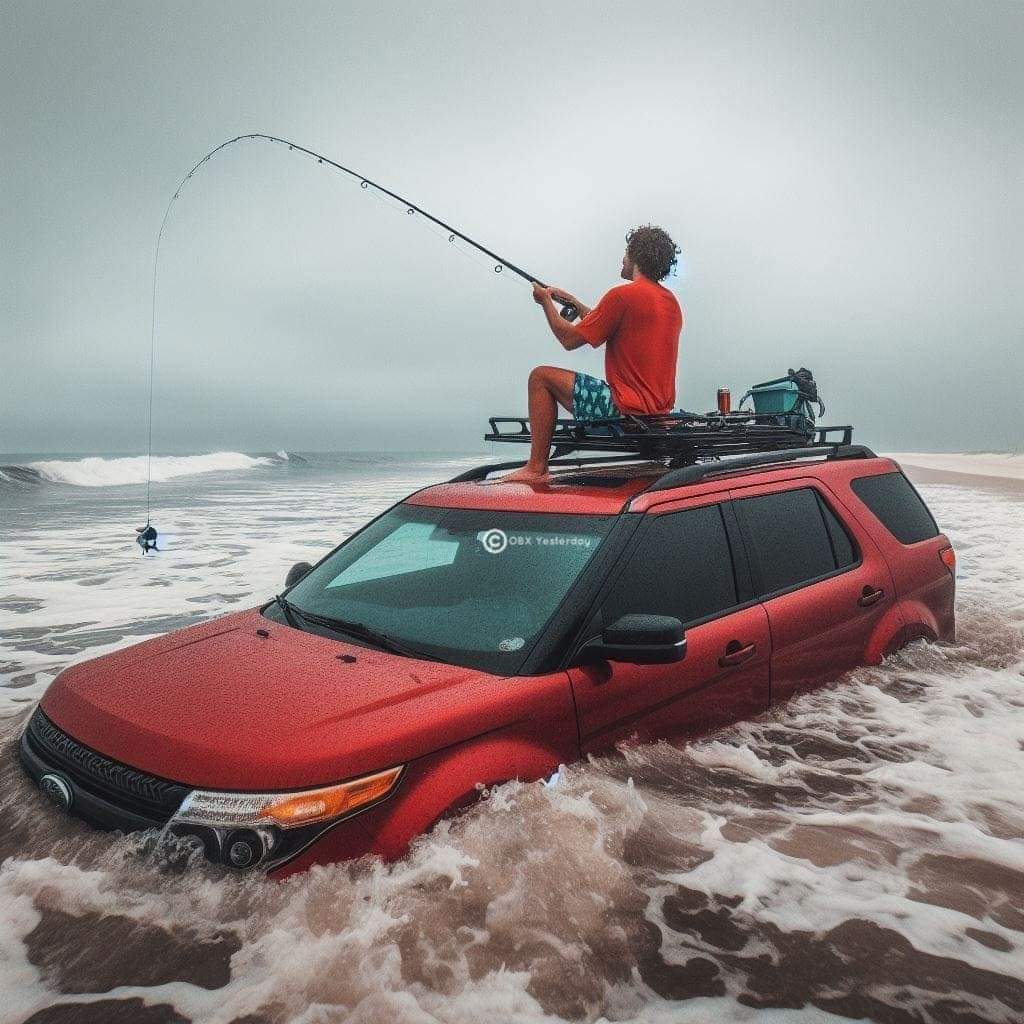
Lastly, familiarize yourself with the fishing spot either through online research or local advice to avoid any unexpected issues.
Joining the Saltwater Fishing Community
Becoming part of the saltwater fishing community can greatly enhance your fishing journey. Here are some ways to get involved:
Local Fishing Clubs and Resources: Joining local fishing clubs or groups can provide valuable insights and support. These clubs often organize events, offer mentorships, and provide a shared space to exchange tips and experiences. It’s an excellent way to meet like-minded anglers and learn from those more experienced.
Online Communities and Learning Resources: The internet is a treasure trove of information and camaraderie. Forums, social media groups, and online tutorials can be extremely beneficial. Websites specializing in fishing, such as TheBeachAngler.com ;), offer a wealth of resources, from how-to articles and videos to interactive discussions.
Final Takeaways on Saltwater Fishing For Beginners
Having the right knowledge and gear sets you up for an enjoyable and successful saltwater fishing experience. The excitement of catching diverse species in various environments is unmatched.
Remember, understanding the basics, choosing the right gear, practicing essential techniques, and familiarizing yourself with popular fishing spots go a long way. Additionally, recognizing common fish species and following local rules and regulations are vital steps to becoming a responsible angler.
Safety, preparation, and community involvement make the journey more fulfilling. Whether you’re checking weather and tide conditions or planning your trip, each aspect plays a crucial role.
Joining a local fishing club or engaging with online communities enhances your learning and enjoyment. Take the plunge and start your saltwater fishing adventure today. Keep exploring, learning, and connecting with fellow anglers to make the most out of this thrilling outdoor activity.
As always, stay safe, enjoy the journey and please try to leave it cleaner than you found it. If you have any comments, questions, ideas, or suggestions please leave them in the comment section below and I’ll get back to you ASAP. You can follow us on Facebook: Rex The Beach Angler, Instagram: thebeachangler7, Twitter: @AnglerBeach, and YouTube: Man Art Creations.
Check Out Our Latest Tips and Tactics:
- 8 Helpful Tips on Saltwater Fishing For Beginners
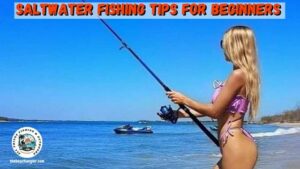
- Top 5 Saltwater Fishing Knots And Rigs For Beginners
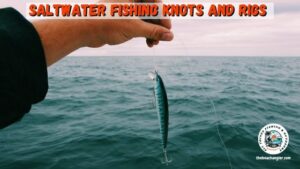
- 6 Critical Tips For Finding Fish In Saltwater
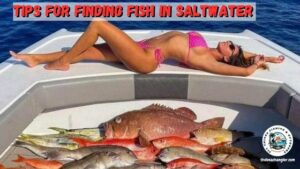
- 5 Tips For Fishing The Fall Bull Redfish Run
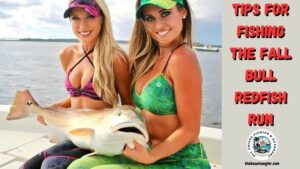
- The Importance of Catch-and-release Fishing Policies For Saltwater
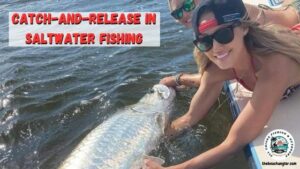
- 5 Tips And Methods Of Using Chum For Saltwater Fishing
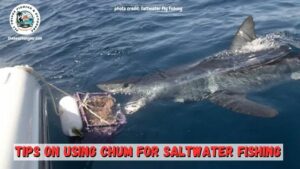
P.S. – Thanks so much for checking out our blog we really appreciate it. Just so you know, we may receive a commission if you click on some of the links that appear on our site. This helps us keep our content free and up-to-date for everyone. We appreciate your support!
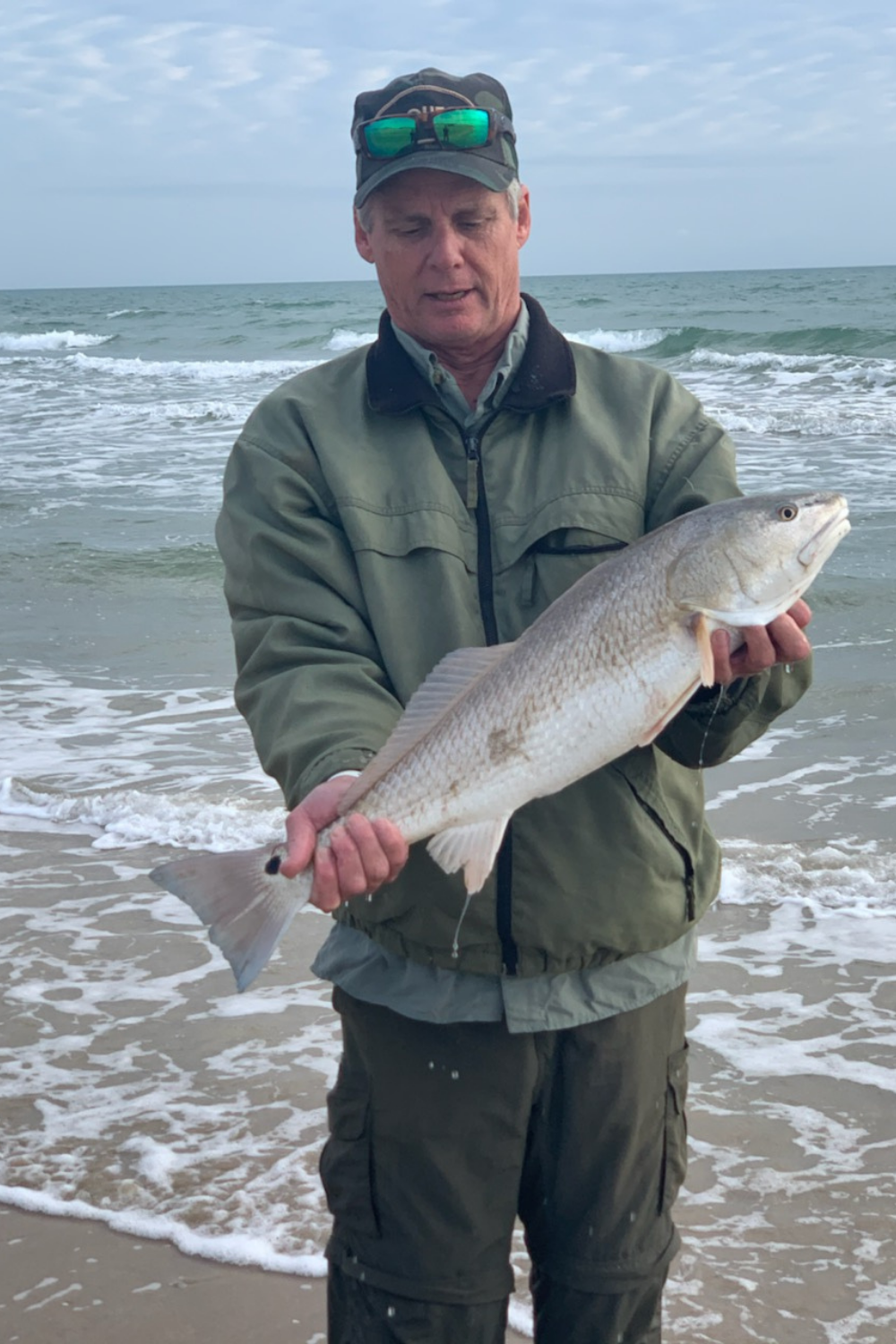
A life long surf fisherman with 50+ years of experience, I am also an avid hunter and outdoorsman. I will be sharing my passion for the outdoors with you so be prepared for hunting, fishing, camping, hiking and more. Along with gear reviews and the latest trends and innovations in the outdoor industry.
